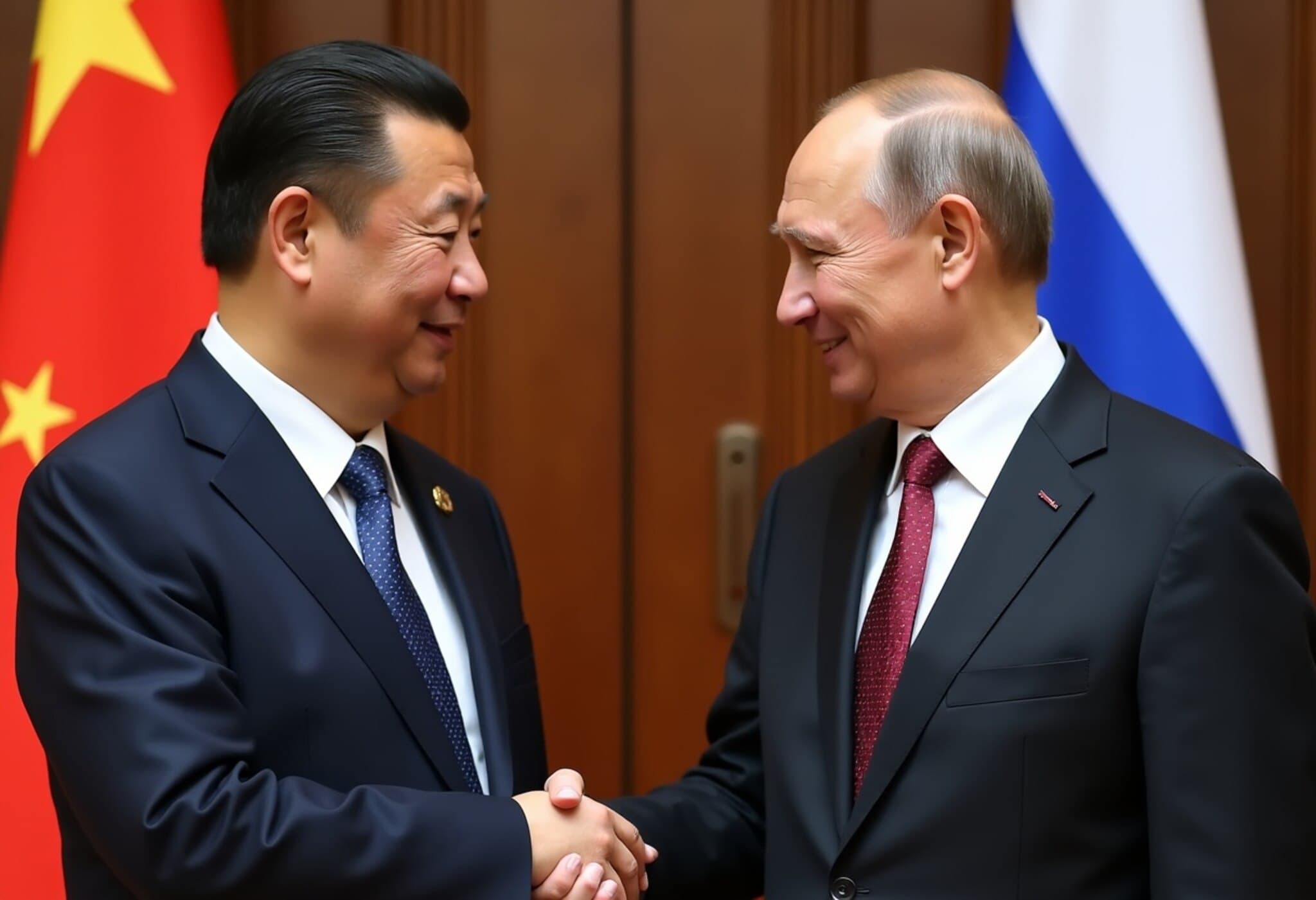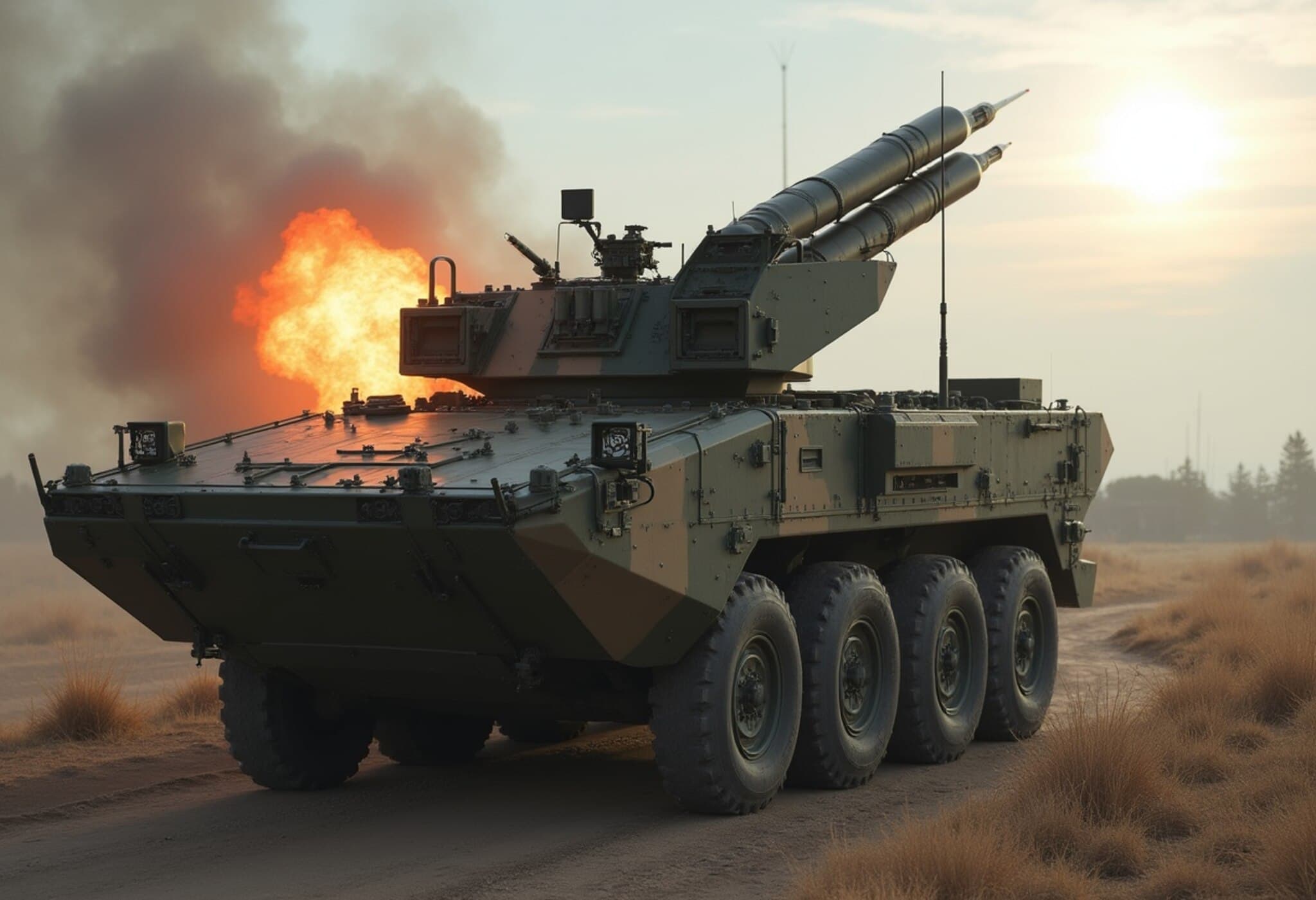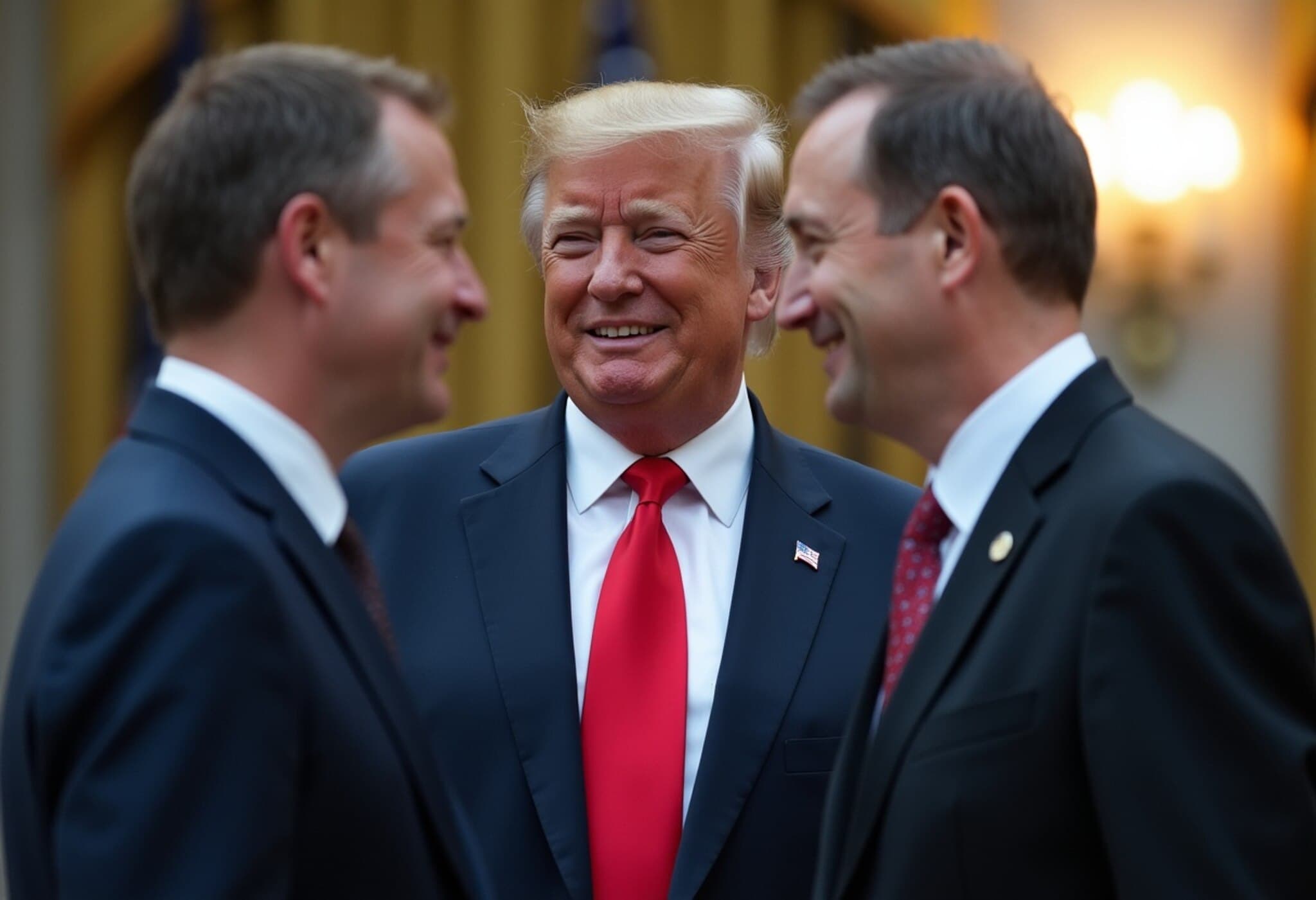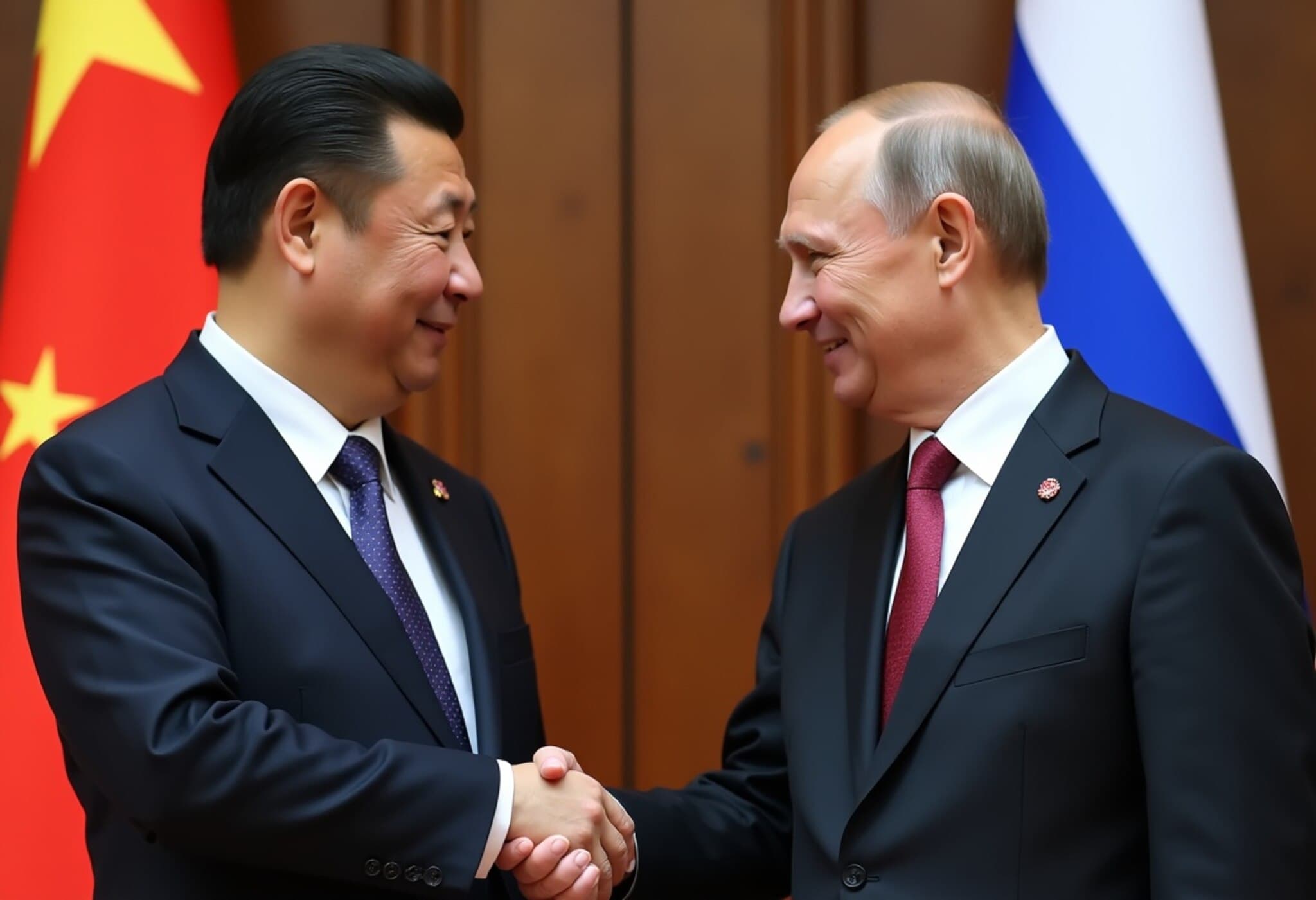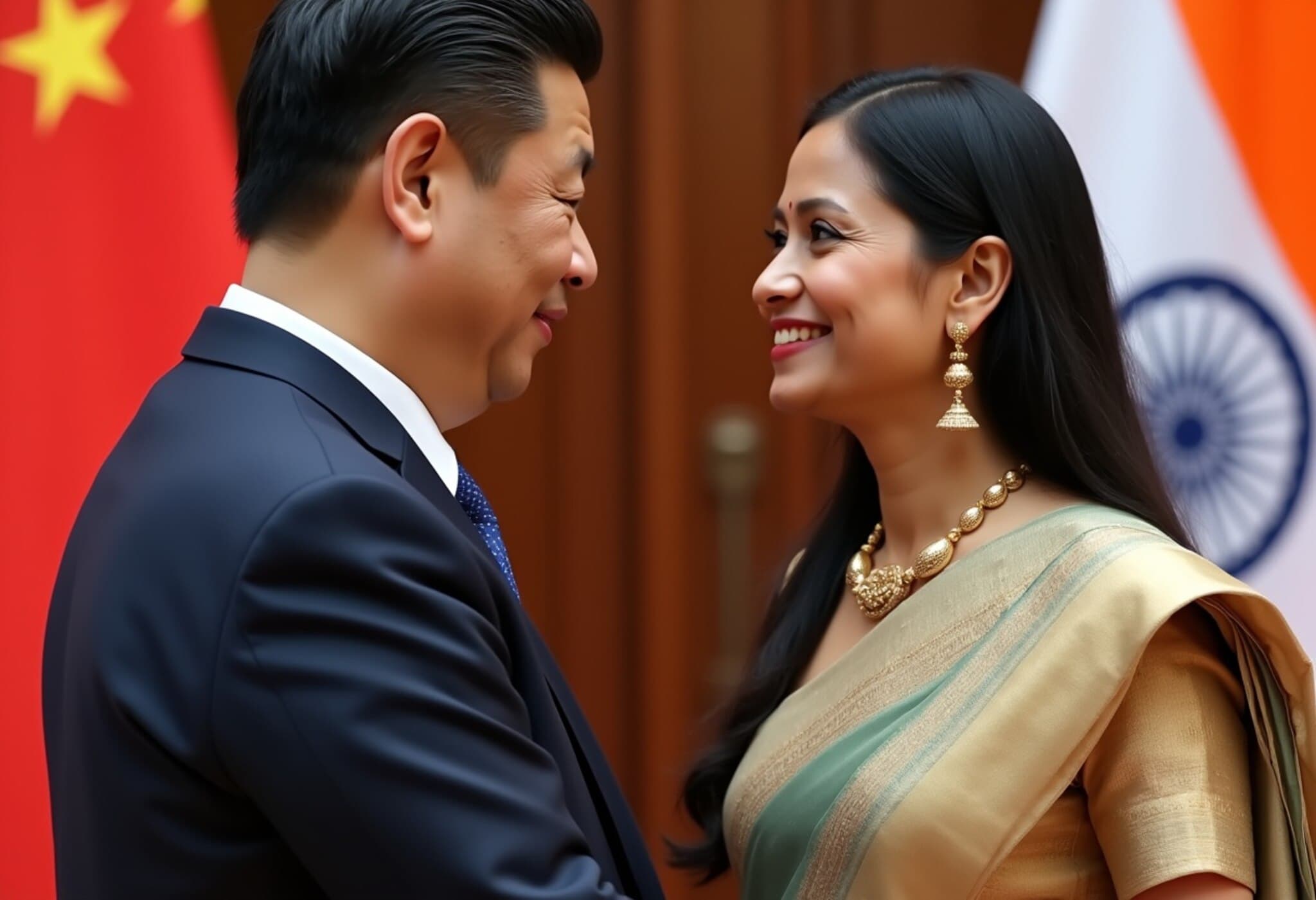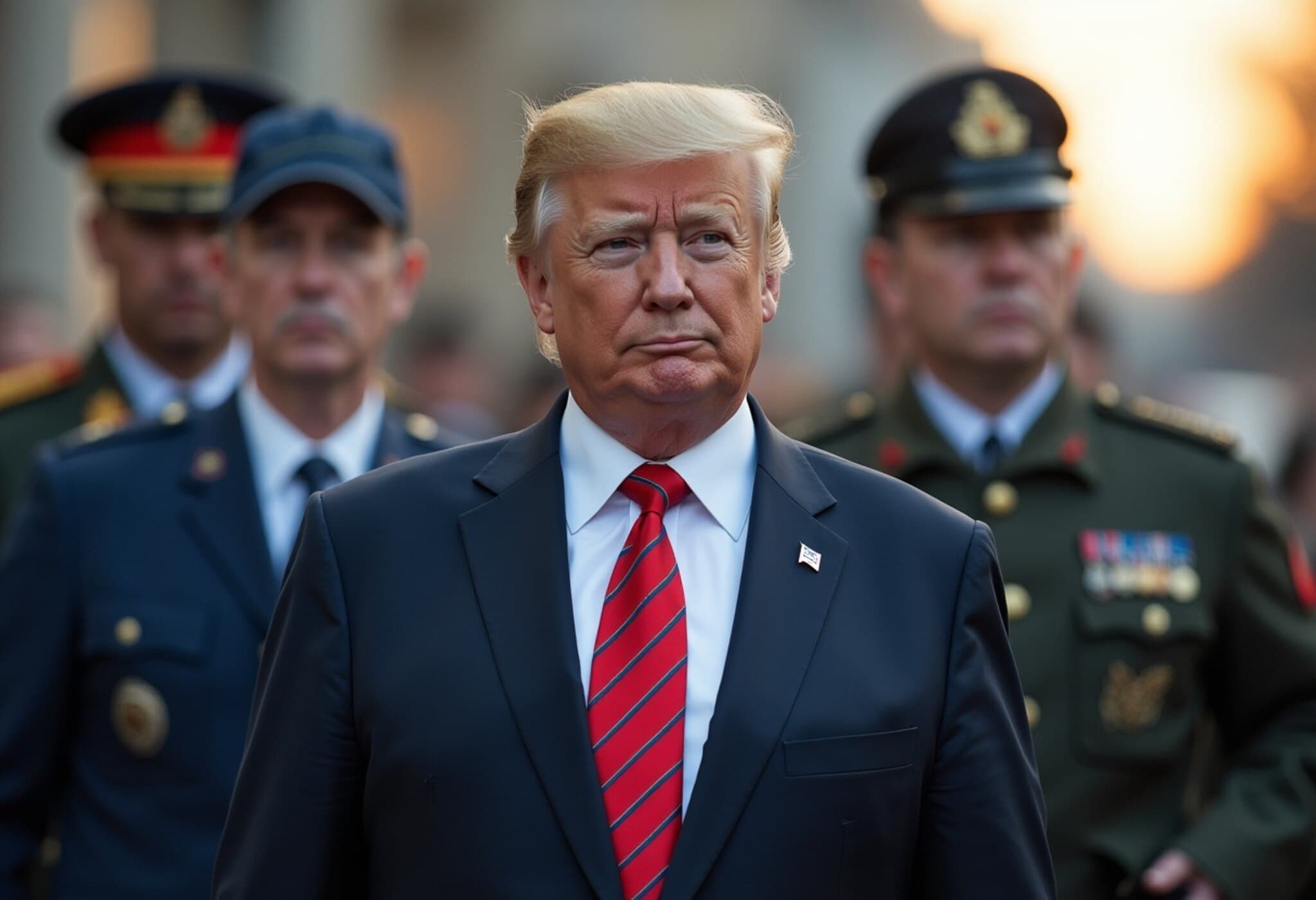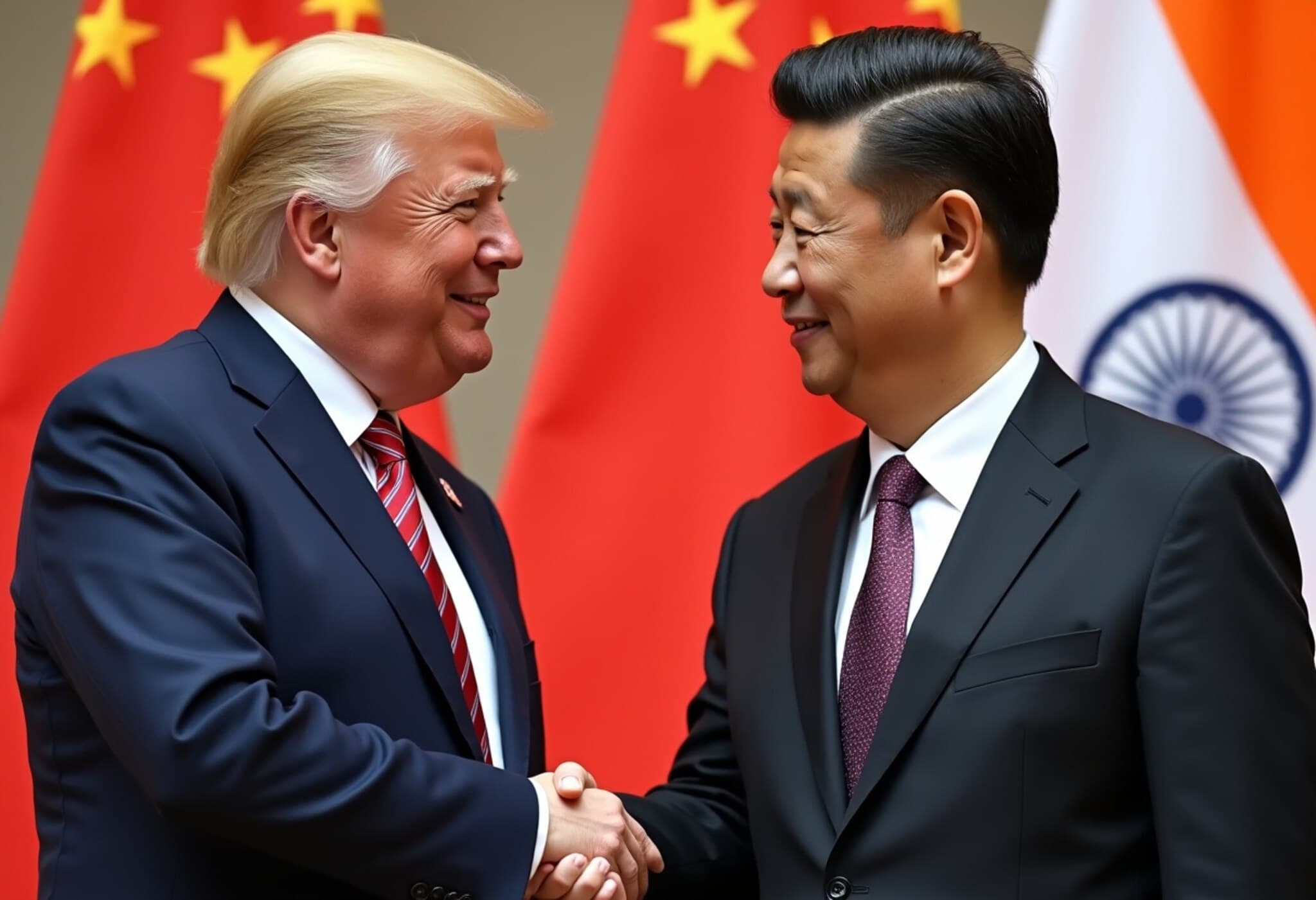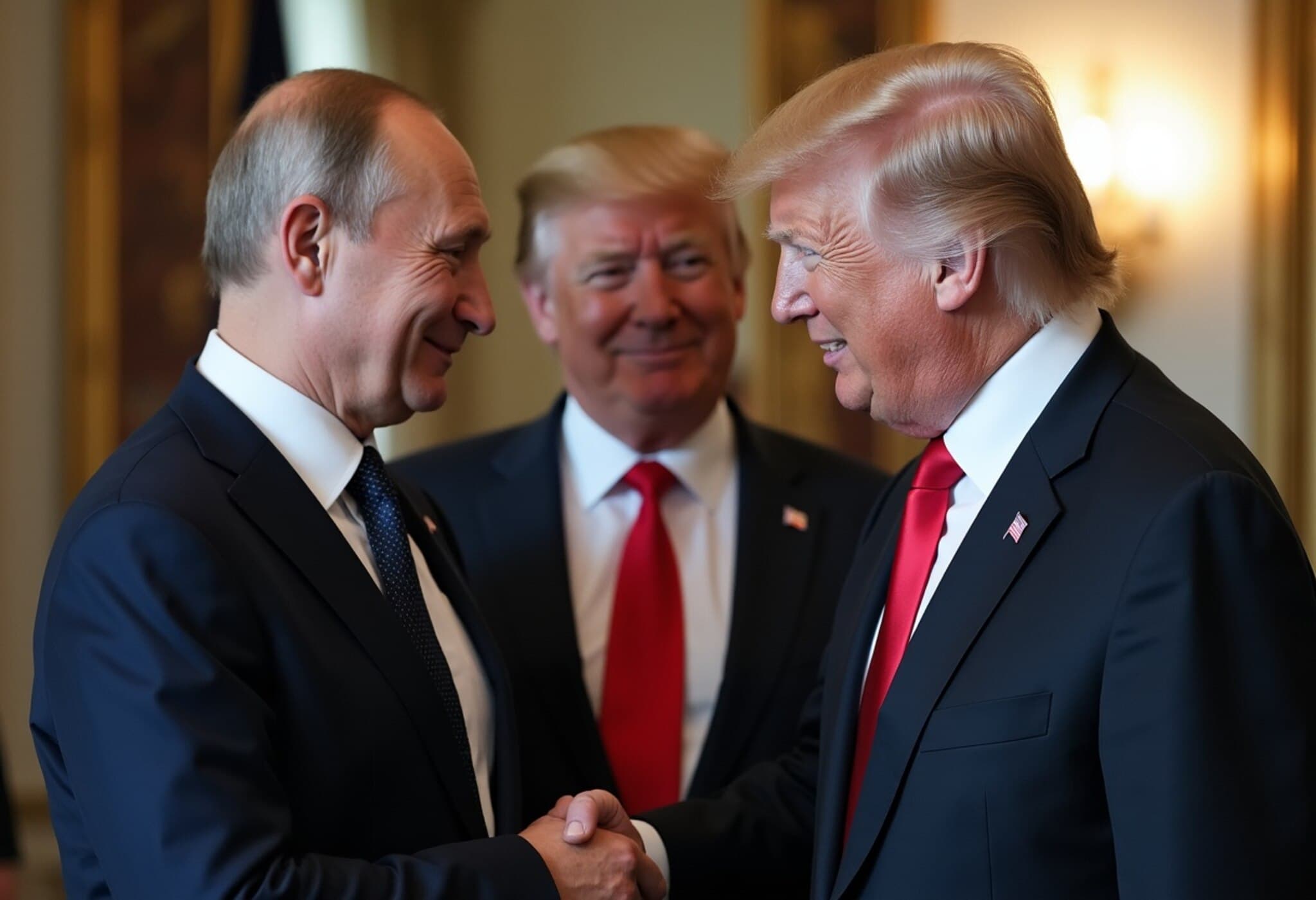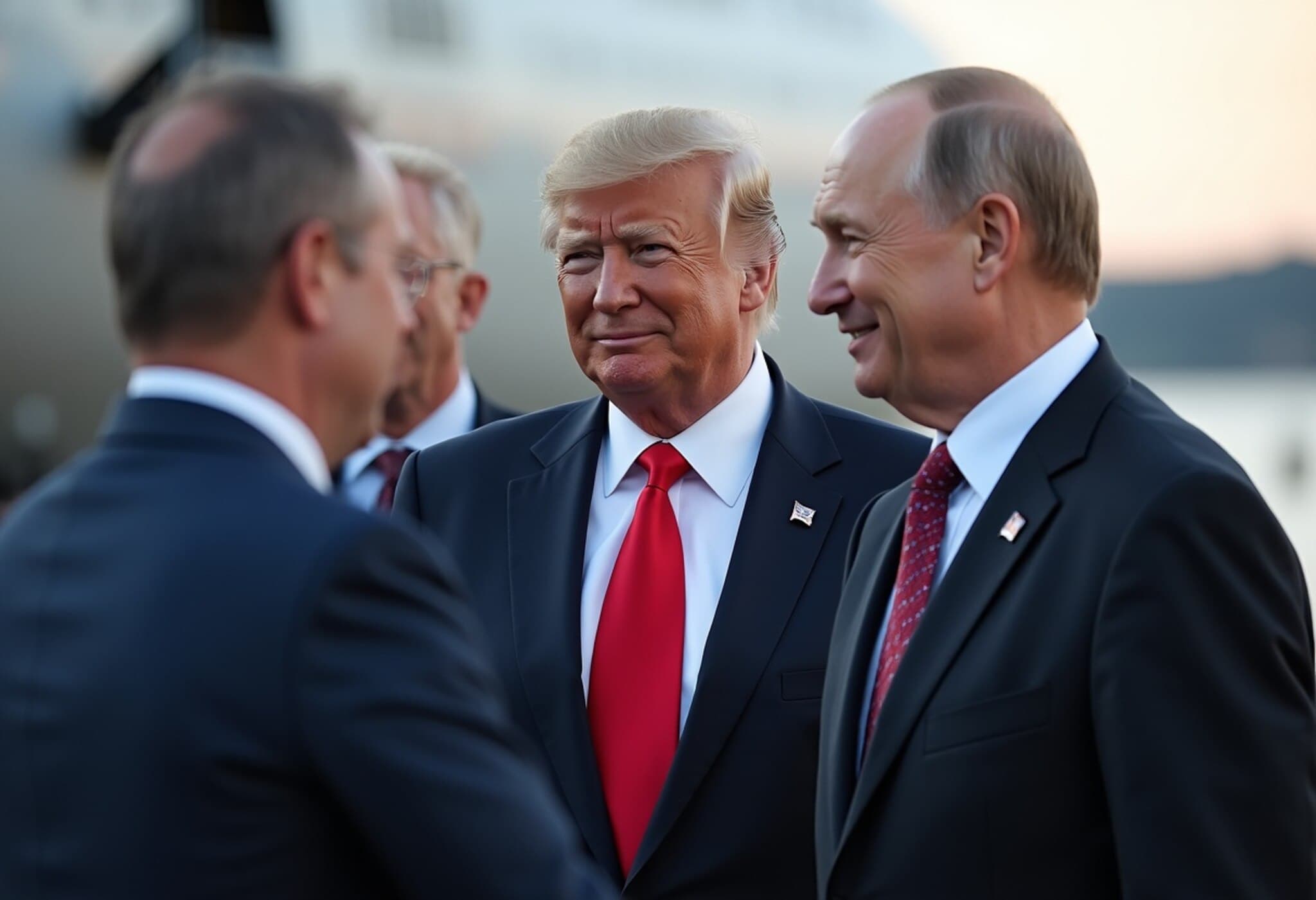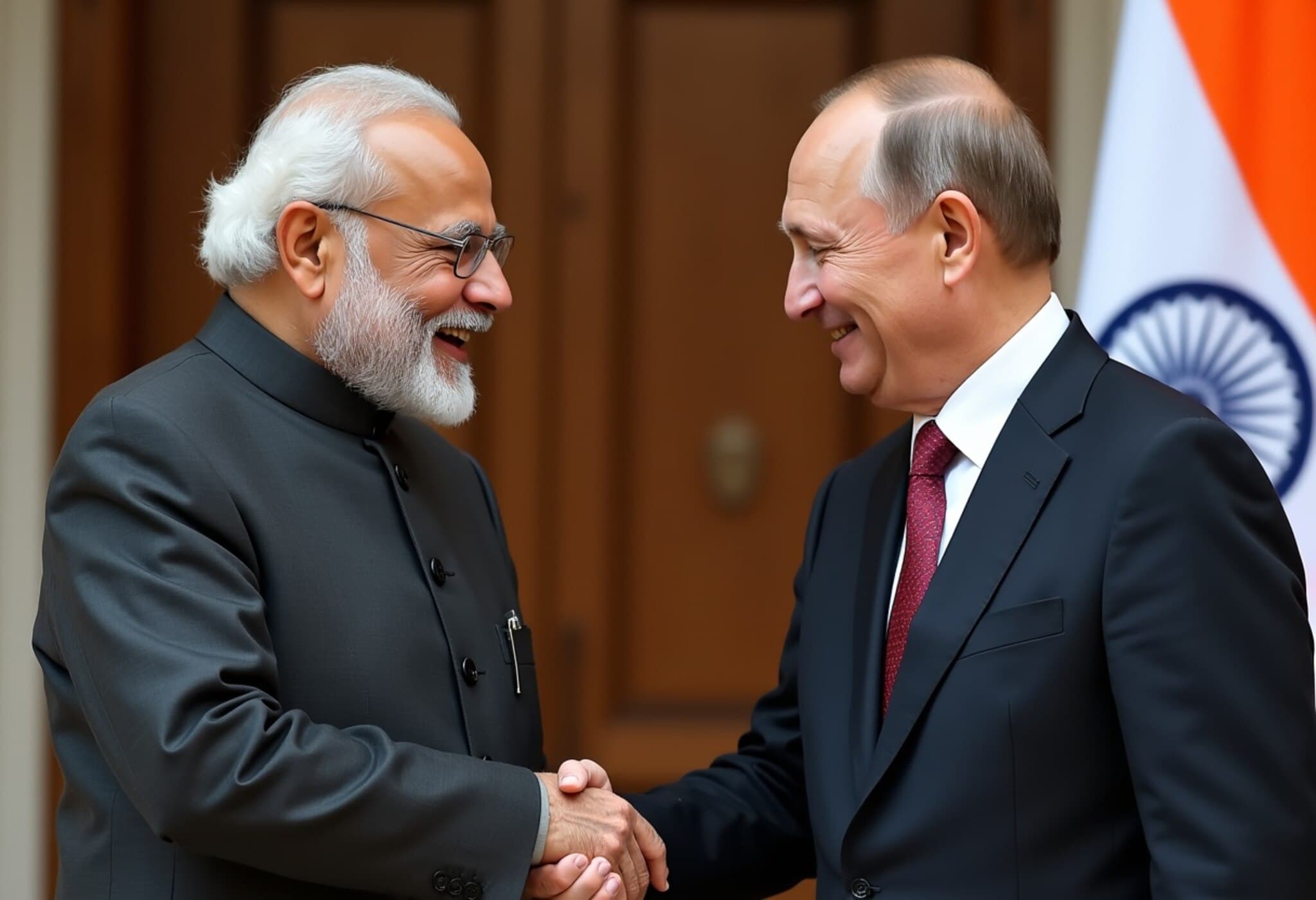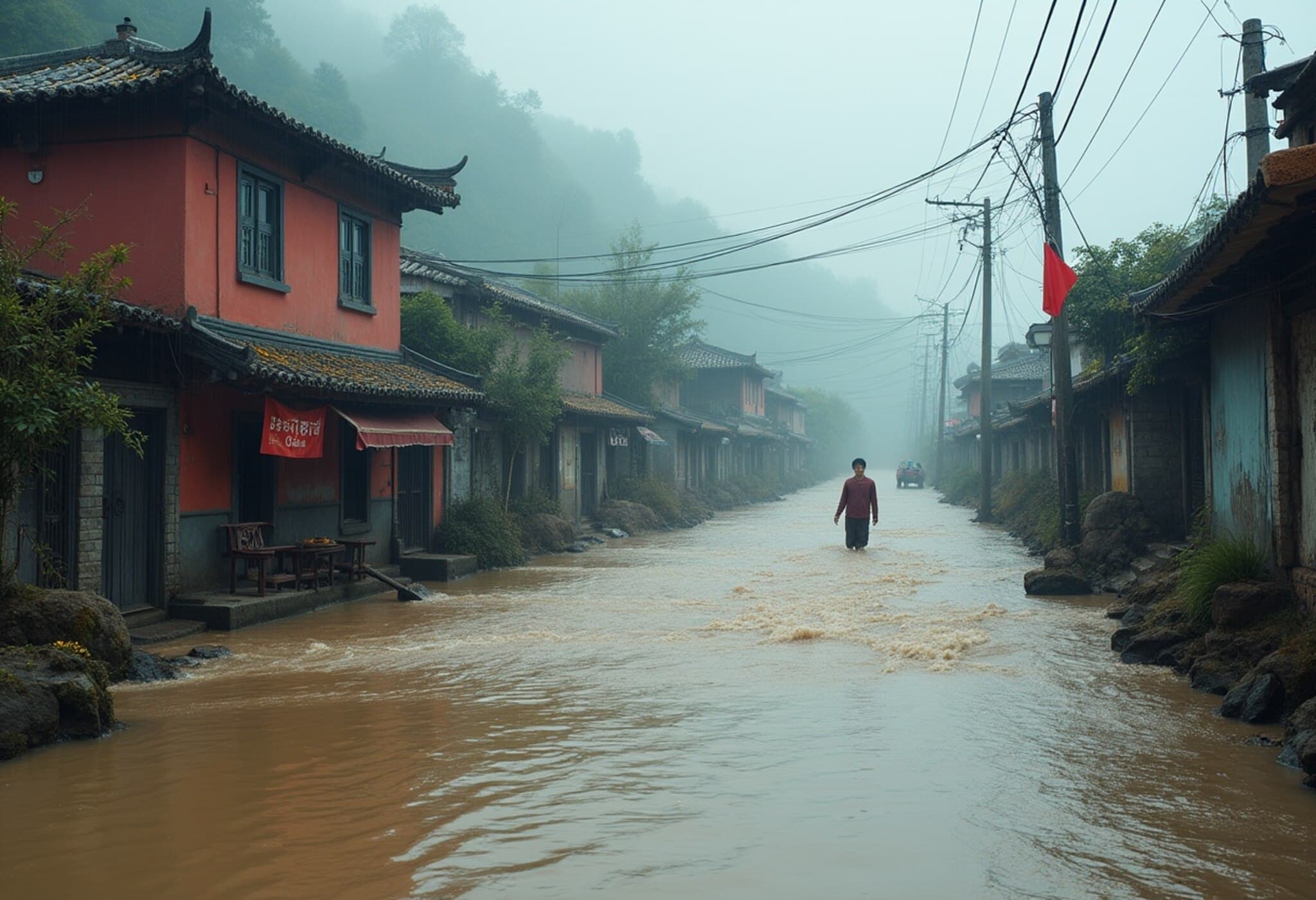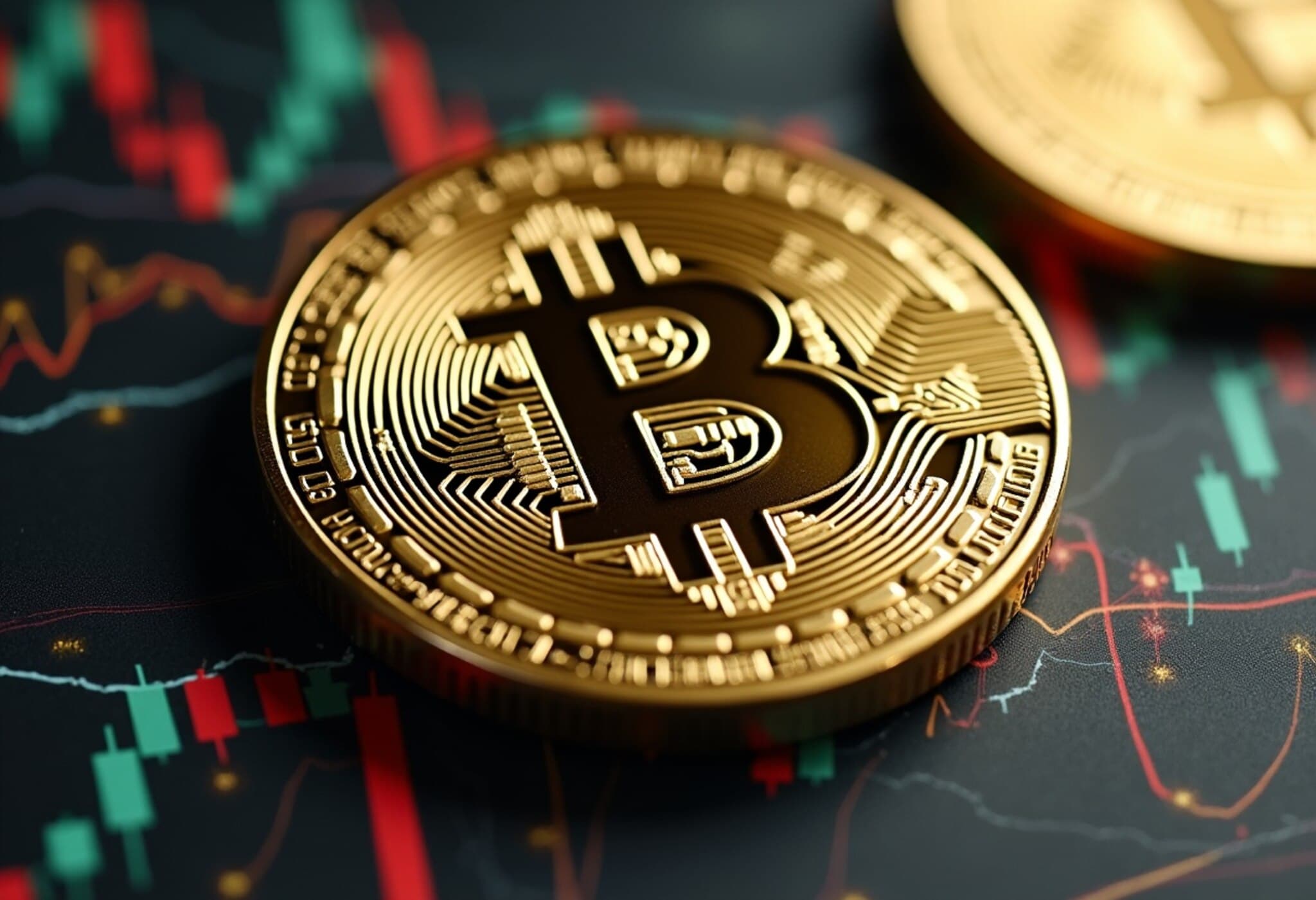China Advocates Continued US-Russia Engagement to Resolve Ukraine Conflict
In a significant diplomatic development, Chinese President Xi Jinping spoke by phone with Russian President Vladimir Putin on August 8, 2025, emphasizing China's strong desire to see ongoing dialogue and improved relations between Moscow and Washington. The conversation, reported by China’s state broadcaster CCTV, came at Putin’s request and underscored Beijing's interest in promoting a peaceful political settlement to the ongoing Ukraine crisis.
Xi’s Call for Political Dialogue and Peace Efforts
During the call, Xi Jinping expressed appreciation that despite considerable geopolitical tensions, the United States and Russia have maintained communication channels. He highlighted that complex global challenges like the Ukraine war do not have straightforward solutions and reaffirmed China’s consistent support for peace talks and diplomatic efforts to resolve conflicts.
As CCTV quoted Xi, "China will always support making peace and promoting talks." This reinforces China’s growing role as a key diplomatic actor seeking to mediate and stabilize one of the world’s most precarious flashpoints.
Putin Updates Xi on US-Russia Interactions and Ukraine Situation
Putin used the call to brief Xi on recent communications with the United States and the evolving situation in Ukraine. This dialogue precedes an anticipated high-stakes summit between Putin and US President Donald Trump, with exploratory discussions hinting at a meeting in the United Arab Emirates, a neutral and strategically positioned venue in the Middle East.
The Imminent Putin-Trump Summit: Stakes and Prospects
Just a day prior, Putin confirmed the proposed meeting, emphasizing mutual interest and deeming the question of who initiated the talks "no longer relevant." He stressed that the UAE is among the "suitable locations" due to its diplomatic neutrality and existing ties with both world powers.
The Putin-Trump summit is particularly noteworthy given the rising frustration voiced by the US administration over the prolonged conflict in Ukraine. Trump has suggested the possibility of new sanctions but is simultaneously pursuing dialogue as a path toward de-escalation.
Inclusion of Ukrainian Leadership in Talks: A Delicate Proposition
When asked about the potential participation of Ukrainian President Volodymyr Zelenskyy in the discussions, Putin expressed openness in principle but noted that certain conditions must be met first. «Unfortunately, we are still far from that point,» he commented, indicating the complex diplomatic and security considerations surrounding Ukraine’s role in direct negotiations.
Expert Commentary: The Geopolitical Implications of Sino-Russian Diplomacy
China’s active engagement underscores its ambition to be seen not just as a regional power but as a pivotal global peace broker. By encouraging sustained dialogue between the US and Russia, Beijing aims to reduce tensions that could destabilize energy markets and the global economy—areas where China has significant stakes.
Furthermore, with the US-Russia relationship strained over Ukraine and other strategic issues, China’s position reflects its interest in maintaining a multipolar world order while avoiding escalation that could hinder its own economic growth and diplomatic influence.
Looking Forward: Questions and Uncertainties
- Will the upcoming Putin-Trump meeting in the UAE lead to tangible progress on Ukraine? While hopeful, analysts caution that complex geopolitical interests may limit breakthroughs.
- How will China’s role evolve in mediating future East-West tensions? Beijing’s balancing act may reveal new dynamics in global diplomacy.
- What conditions must be met for Ukraine’s direct involvement in talks? The answer remains pivotal to any lasting peace framework.
Editor’s Note
This phone call between Xi Jinping and Vladimir Putin marks a critical moment in international diplomacy amid the protracted Ukraine crisis. China's encouragement of US-Russia dialogue signals a nuanced approach to global stability that balances strategic partnerships with calls for peace. As the world watches the potential Putin-Trump summit unfold in the Middle East, the outcomes will likely shape the future contours of Eastern European security and international relations. Readers should consider the intricate web of diplomacy, sanction dynamics, and power politics in parsing these developments.

